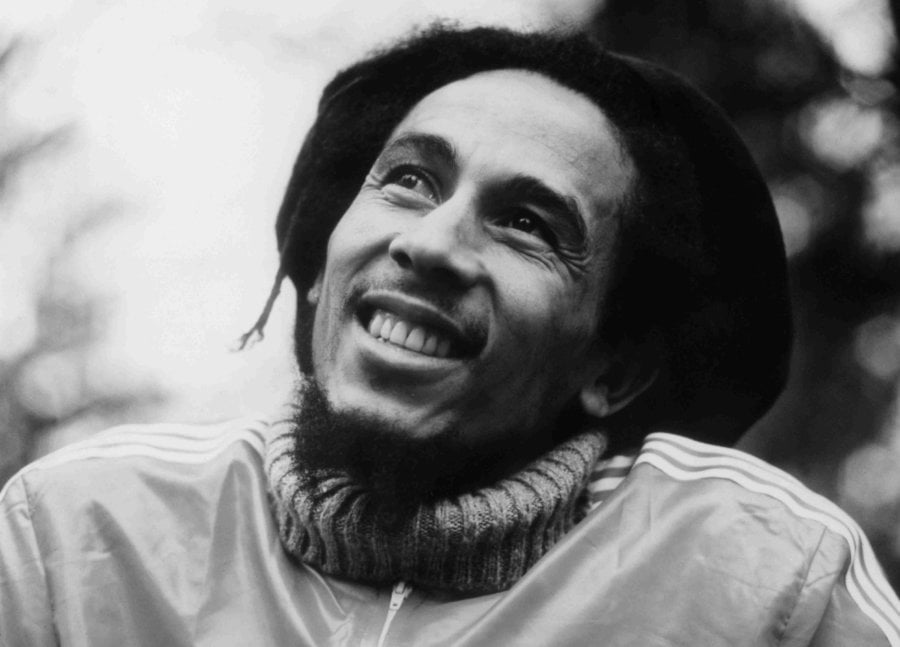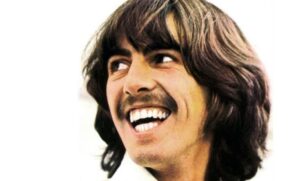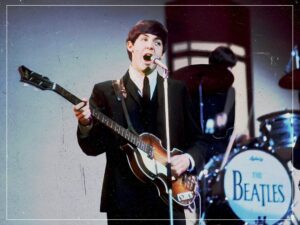Bob Marley and his original line-up of The Wailers rose to prominence in the Jamaican reggae scene in the early 1970s. In an effort to pervade the British music scene, the collective embarked on a trip to London in 1972, where Marley met Chris Blackwell, the founder of Island Records. Intrigued by the Wailers’ fresh and exotic sound, Blackwell took them on board.
Following the successful trip of 1972, Marley and his band returned to live in London for a year or so until 1973, all the while gaining popularity within the British scene.
Throughout the mid-1970s, at the peak of the punk explosion, reggae and ska music in the UK began to blossom thanks to the influence of Marley and the Wailers. By the end of the decade, post-punk and new wave groups like The Clash, The Police and The Beat were folding this Caribbean sound into their records.
In 1975, Bob Marley returned to London to play their famous show at the Lyceum. In an interview with Far Out earlier this year, legendary punk bassist of Public Image LTD., Jah Wobble, told us that hearing the Wailers’ basslines at the Lyceum was the moment he truly fell in love with music.
“[I] was watching Aston’ Family Man’ Barrett with the Wailers at the Lyceum in 1975,” he said. “I didn’t come out of there thinking, ‘I’m gonna play bass’ because the punk thing hadn’t really happened yet, but I was just fascinated with the bass players. It was this feeling, you know? It was incredible.”
By the late 1970s, Bob Marley was a household name across the world thanks to his highly accessible and universally pertinent music protesting against war and promoting the Rastafarian one-love ideal.
Sadly, around a year after Marley’s permanent move to London in 1976, he was diagnosed with acral lentiginous melanoma, a very rare form of skin cancer. The iconic singer first realised something was wrong when he suffered a foot injury during a football game which got progressively more painful.
The cancer was caught at a relatively early stage, but he declined when the doctors advised that Marley have his toe amputated. It is against the Rastafarian faith to have part of one’s body “temple” removed. While Marley did later opt for a skin graft, by 1980, the cancer had spread throughout his body, and he was diagnosed with a more advanced, terminal case.
Determined to give his fans one last show, Marley set off on a final world tour. Just before his tour stop in New York in the summer of 1980, he collapsed during a run in Central Park. After one final show in Pittsburgh, PA, in September, Marley decided to cancel the rest of the tour in favour of diet-based treatment in Germany.
After eight months with no improvement, Marley decided to return to Jamaica for his final days. Tragically, Marley fell into a critical state on the flight and touched down in Miami, Florida; he would never manage to complete the journey back to his Caribbean home alive. Marley was rushed to Cedars of Lebanon Hospital, Miami, where he died aged 36 on May 11th, 1981, with his son, Ziggy, at his bedside.
Marley had one last message for his son, who was 12 at the time. In his dying moments, Marley told Ziggy, “Money can’t buy life.” This poignant final message seems to have been both a personal lamentation and a word of wisdom for his son.
Listen to Ziggy Marley’s passionate cover of his father’s song, ‘Is This Love’, live in Serbia in 2018, below.



